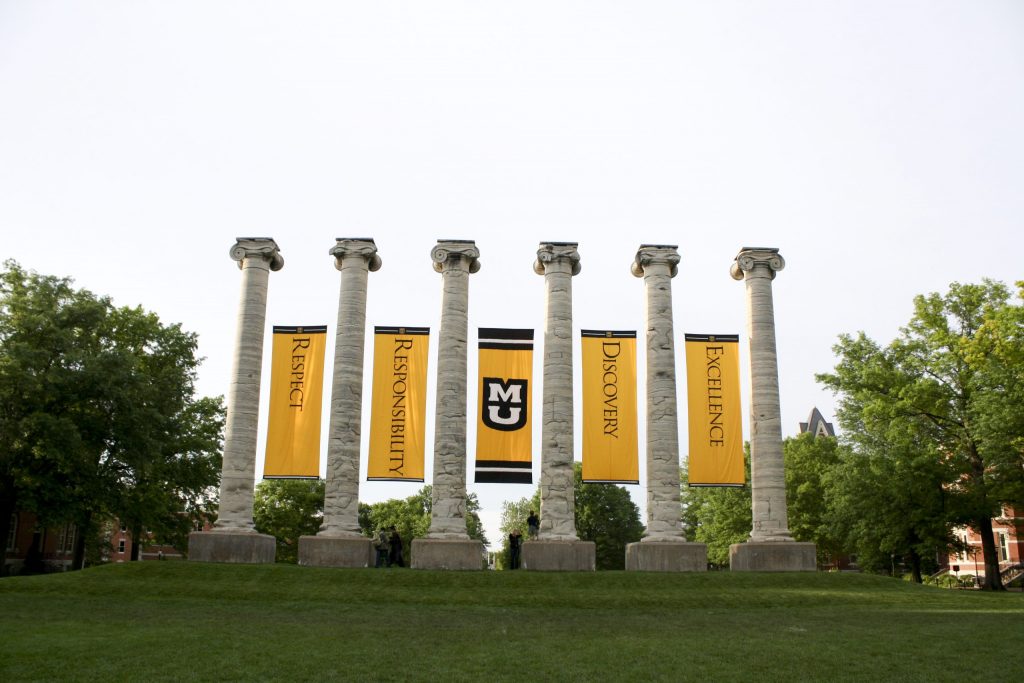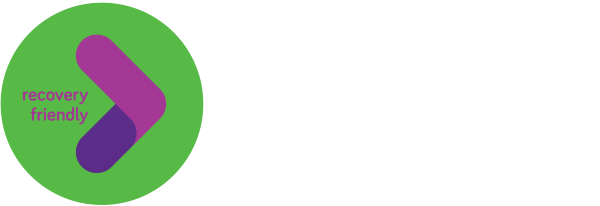
Colleges and universities throughout the United States are recognizing the importance of supporting employees in recovery. While many of these employees credit their sobriety to their workplaces, employers have also benefited though increased staff retention, improved productivity, and employee loyalty. Although the Recovery Friendly Workplace-Missouri program is only five years old, some leaders at the University of Missouri have been practicing its tenets and adhering to its principles for many years. For Lee L., a university employee for 30 years, one supervisor’s decision to support her recovery efforts changed her life forever. Here is Lee’s story.
“In 1989, I was drinking a case of beer a day. The only three days I did not drink were Christmas Eve, Christmas, and the day after. By February 1990, I had wrecked another car, and my parents told me they were no longer able to support me emotionally or financially. I was hitting bottom but kept digging for another few months.
In April 1990, I moved to Missouri and lived in my parents’ basement. I was so untrustworthy that they locked the door between the basement and their living area overnight. I often sat out on the patio and smoked, hiding alcohol in various places. One weekend in early May, my parents went to a family wedding. During that weekend, I drank to blackout every day. I thought I had cleaned up fairly well, but my dad found one of the beer cans and asked me, ‘Isn’t it time you did something about this?’ I told him, ‘It’s been time for a long time.’
Within that week, I went to an AA meeting. I had gone when I lived in Pennsylvania but was told by some of the old-timers that they “spilled more” than I’d drunk. That drove me away from those rooms. In Missouri, I found a meeting and was given a Where and When, indicating where other AA meetings in town were held. I started going to meetings in the evening, but I lived outside of town and would sometimes talk myself out of going back in for a meeting.
I had recently started work at the University of Missouri, and there was a meeting within two blocks of my office building. I was embarrassed and ashamed of my situation—hanging on by a thread, trying to figure out how not to drink. Nervously, one day, I went to my boss and explained that I was trying to live my life without alcohol and believed that going to meetings would really help me. I told her there were a couple of regular meetings nearby and, if at all possible, I would like to attend them. I would need to take 90-minute lunches in order to get there and back for the full meeting,* and I would make up the time at the end of the day. She wanted to know how many days a week. I knew it needed to be all five. To my surprise and relief, she said yes.
*One thing people early in recovery may try to do is “come late” and “leave early.” That way, you don’t have to talk with anyone. It’s easy to hide out if you want to. I didn’t want to. I was just 23, emotionally and physically ill, and I wanted to get better.
So, for the year that I worked in that department, on most weekdays (especially in the first 90 days), you could find me in downtown Columbia at one of the two noon meetings. I am forever grateful to Sandy for allowing me to flex my schedule. I was lucky and fell into a good group of people at those meetings, as well as many others.
Last month, I celebrated 35 years of sobriety. In 1990, I asked for what I needed and was met with compassion and support. I’m not sure where I would be had I not been allowed to take 90-minute lunches.”
Recovery Friendly Workplaces benefit both the employer and the employee. For Lee, the compassion granted by his supervisor at the University of Missouri was life-changing. He never forgot the grace afforded to him and has been a dedicated and loyal employee ever since. His supervisor at the time recognized the value in his work and was willing to support him in his recovery journey, and Lee has not looked back.
If you are an employer at a school, business, or workplace who is already supporting your employees on their recovery journeys, or if you would like more information and training on supporting the mental health and recovery needs of staff, please fill out the inquiry form on our website and someone will reach out to you. Fifty businesses and schools across the state have earned the Recovery Friendly Workplace designation, and we invite you to become a part of this group.

